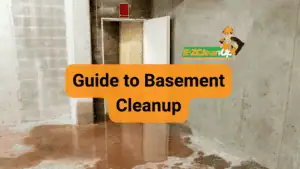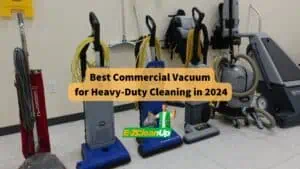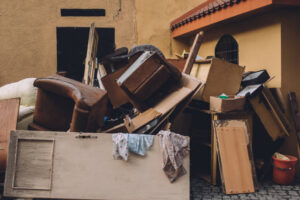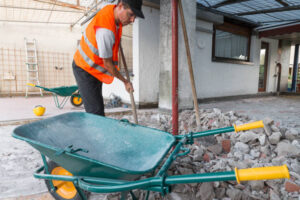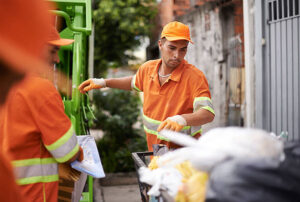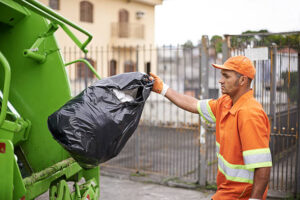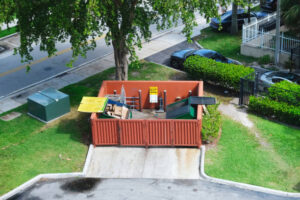In today’s world of rapid technological advancement, household appliances become obsolete faster than ever before. From refrigerators and washing machines to air conditioners and dishwashers, these essential devices eventually reach the end of their useful life. But what happens next? The answer to this question has profound implications for our environment, natural resources, and future generations.
What is Responsible Appliance Recycling?
Responsible appliance recycling is the systematic process of properly disposing of old household appliances to recover valuable materials like metals, plastics, and glass for reuse in manufacturing new products. Rather than sending these items to landfills, appliance recycling transforms old, unwanted household machines into valuable resources, ensuring that hazardous substances are managed correctly and materials are reused efficiently.
The Environmental Impact of Improper Disposal
Many household appliances contain hazardous substances such as chlorofluorocarbons (CFCs), mercury, and lead that can leach into soil and contaminate water sources when discarded improperly. This poses serious threats to both environmental health and human well-being.
The stakes are even higher when you consider the scale of the problem. Permanent retirement of 1,000 old refrigerators avoids 4,260 metric tons of carbon dioxide equivalent emissions—a staggering figure that demonstrates the enormous environmental benefit of proper disposal practices.
Key Benefits of Responsible Appliance Recycling
1. Conservation of Natural Resources
Recycling appliances helps conserve natural resources used in manufacturing, as many electronic devices contain materials such as copper, aluminum, gold, and rare earth elements whose extraction requires energy-intensive processes and contributes to habitat destruction and pollution.
2. Energy Savings and Reduced Emissions
It takes significantly less energy to recycle materials than to produce new ones from scratch, and consequently, reduced energy consumption leads to lower greenhouse emissions. This creates a positive cycle that benefits both manufacturers and the environment.
3. Hazardous Waste Management
Many appliances contain harmful chemicals that can damage our environment if not properly handled—including ozone-depleting refrigerants or lead in electronics. Certified recycling programs ensure these dangerous materials are extracted and disposed of safely.
4. Reduced Landfill Burden
Old appliances contribute significantly to waste disposal issues, and by recycling appliances, you prevent them from taking up space in already overcrowded landfills, which helps reduce the amount of waste polluting our environment.
5. Economic Opportunities
Beyond environmental benefits, appliance recycling creates economic value. The recycling industry generates jobs in collection, processing, and materials recovery. Additionally, recycled materials reduce manufacturing costs compared to extracting and processing virgin resources.
How to Recycle Your Appliances Responsibly
Use Certified Recycling Programs
EPA recommends using certified electronics recyclers to manage unwanted used electronics, and currently there are two accredited certification standards in the United States: R2 and e-Stewards®. These certifications ensure proper environmental and safety practices.
Explore Retailer Take-Back Programs
Many appliance retailers offer convenient pickup services when you purchase new appliances. Some provide this service for free as part of your purchase, while others charge a nominal fee.
Check Local Recycling Programs
Contact your municipal waste management department to learn about local appliance recycling programs, scheduled collection days, or drop-off locations in your area.
Consider Donation Options
If your appliance still functions properly, consider donating it to charitable organizations like Habitat for Humanity or the Salvation Army, extending its useful life while helping those in need.
Prepare Your Appliance for Recycling
Before recycling:
- Unplug the appliance 24-48 hours before disposal
- Remove all food, debris, and personal items
- Ensure refrigerants are removed by certified professionals
- Check local regulations for specific requirements
The Role of Federal Programs
The U.S. Environmental Protection Agency’s Responsible Appliance Disposal (RAD) Program has made tremendous strides since its inception. While federal law requires refrigerant recovery and proper universal waste management, it does not require recovery of appliance foam blowing agents, which contribute to ozone depletion and climate change—prompting EPA to launch the RAD Program to encourage proper handling.
Making Recycling a Habit
As more people choose to recycle, manufacturers take notice and increasingly design products with end-of-life recyclability in mind. This creates a positive feedback loop where responsible consumer behavior drives better product design and manufacturing practices.
Conclusion: Your Role in a Sustainable Future
The benefits of appliance recycling extend beyond personal cost savings, fostering a sense of global responsibility in the fight against climate change and ecological degradation, while embracing recycling practices empowers us to be active participants in the preservation of our planet’s natural resources.
Every appliance you choose to recycle responsibly makes a difference. Whether it’s an old refrigerator, washing machine, or air conditioner, proper disposal protects our environment, conserves precious resources, and contributes to a more sustainable world for future generations.
Don’t let your old appliances become environmental hazards. Take action today by finding a certified recycling program near you and making responsible appliance disposal part of your environmental commitment.
References
- EPA Responsible Appliance Disposal (RAD) Program for Consumers
- The Environmental Benefits of Recycling Appliances – Certified Recycling
- Appliance Recycling: Why Reusing Is Better Than Replacing – Recycle Technologies
- Electronics Basic Information – US EPA
- Appliance Recycling Essentials: Master Eco-Friendly Disposal – Greenwashing Index





